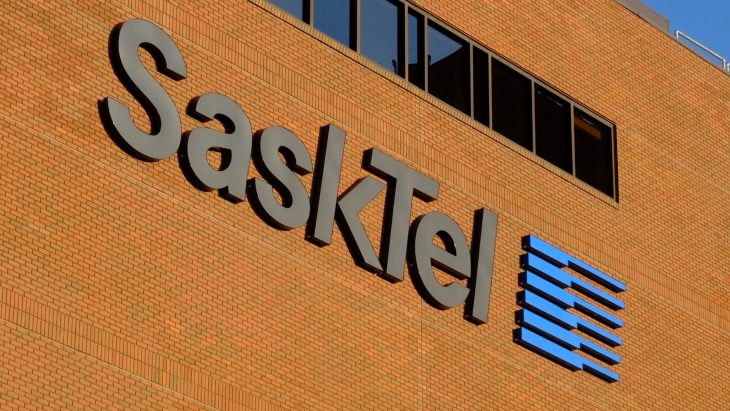
The federal government announced last week it is providing up to $105 million through the Universal Broadband Fund (UBF) to SaskTel for three high-speed internet projects that will benefit 6,522 homes in 35 rural and remote communities across central and northern Saskatchewan, including more than 4,800 Indigenous households.
Funding for these projects was initially announced in June 2024 as part of a larger UBF funding announcement. At that time, the federal government and SaskTel said the money would be used to provide high-speed internet access to up to 5,700 homes in Saskatchewan, of which up to 4,300 would be Indigenous households.
“The Government of Saskatchewan appreciates the federal government’s investment to help expand connectivity across the province,” Jeremy Harrison, provincial minister responsible for Crown corporation SaskTel, said in a federal government press release last Friday. “These funds will add to the nearly $1 billion that SaskTel has invested to bring fibre-powered Internet connectivity to communities throughout Saskatchewan. These investments are strengthening our communities by delivering the high-speed Internet that families and businesses need to thrive in today’s increasingly connected economy.”
“We at SaskTel, Saskatchewan’s homegrown communications leader, understand the incredible impact that high-quality and reliable Internet services can have on a home, business and community. We’re thrilled to utilize funding from the Universal Broadband Fund to bring the incredible speed and power of our infiNET network to residents and businesses in more than 30 northern and Indigenous communities,” said SaskTel President and CEO Charlene Gavel, in a statement. “For SaskTel, this initiative is not just about delivering fast Internet speeds — it’s about supporting local businesses, empowering students, strengthening communities and enriching the lives of our customers.”
The federal government’s $3.225-billion UBF is designed to help provide high-speed internet access to 98 per cent of Canadian households by 2026 and achieve the national target of 100 per cent access by 2030. The government said in its press release that it remains on track to meet these goals.



